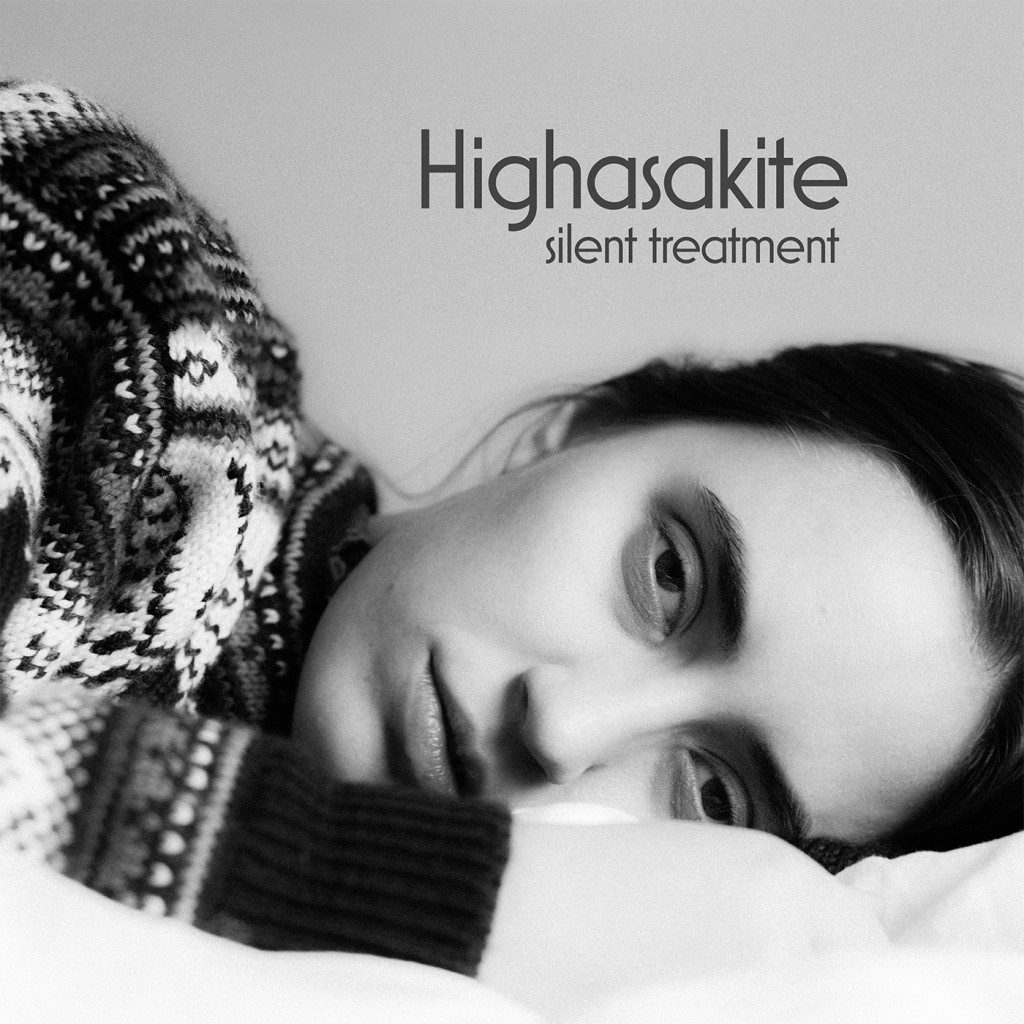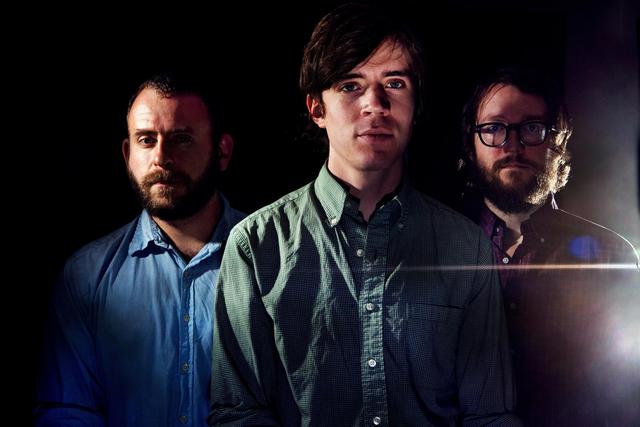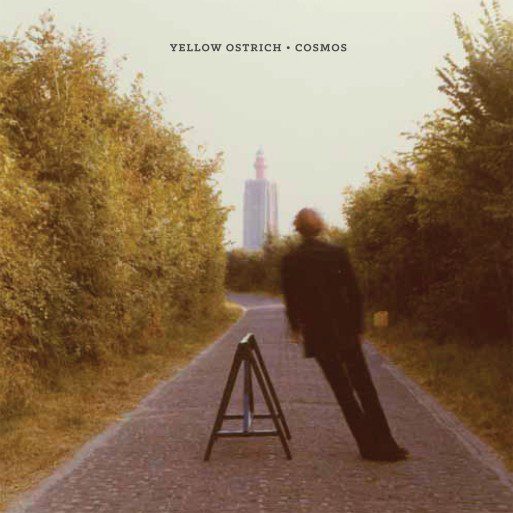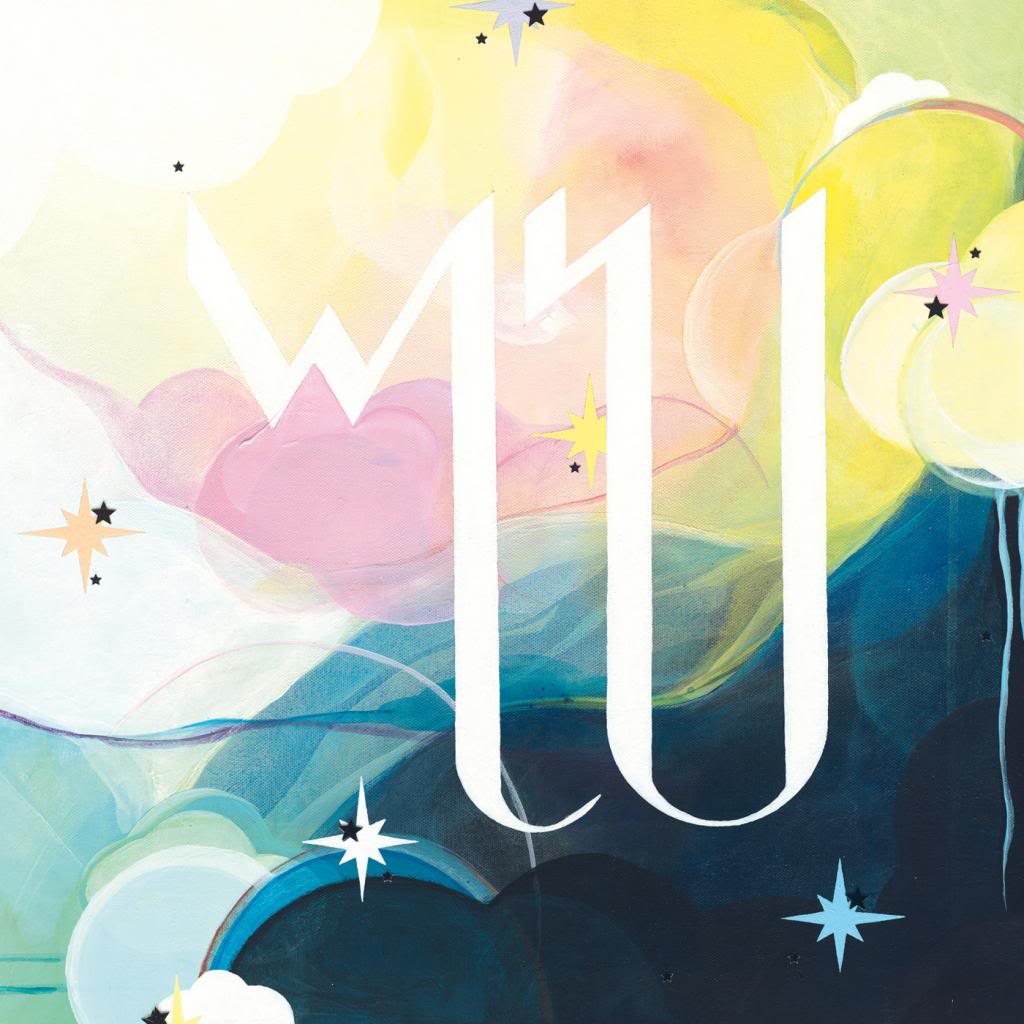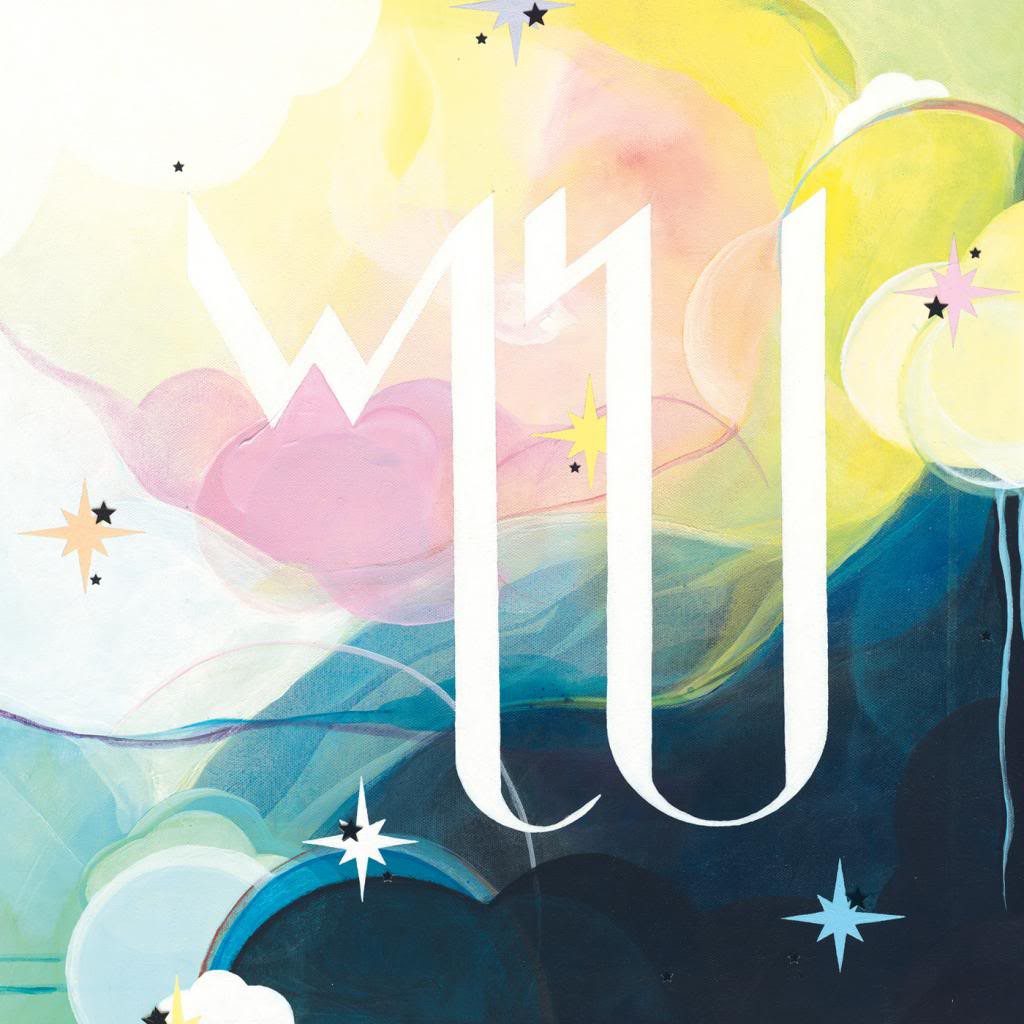ALBUM REVIEW: Highasakite, “Silent Treatment”
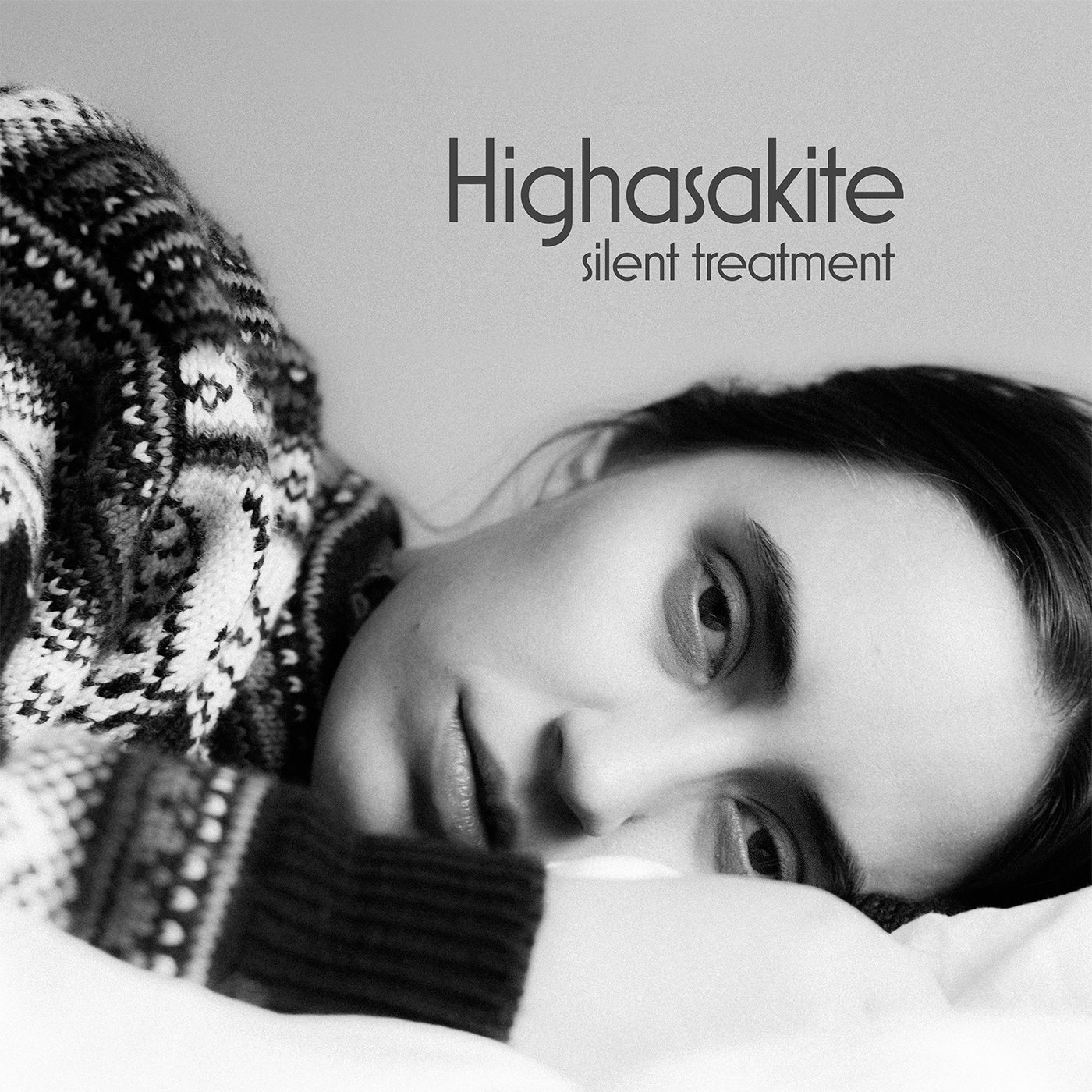
Highasakite are a Norwegian indie pop quintet that came on the scene with a pretty big bang. They received high praise for their breakout performance at Norway’s Øya Festival in 2012 and their debut EP, “In and Out Of Weeks,” was also critically acclaimed. So it comes as no surprise that their first full-length album, Silent Treatment, due out March 4th via Propeller Records, is a quietly confident and engaging record that further proves they’re no rookies.
The band’s got quite the lineup of instruments and talent at their disposal, with Trond Bersu on drums, Øystein Skar and Marte Eberso on synths, Kristoffer Lo on guitar, and the formidable Ingrid Helene Håvik singing and playing zither and steel drum. But it’s clear from the very beginning of Silent Treatment that they have a delicate touch, blending their skills with an expertise that allows their music to go from sweeping and spacious to very dense and back again. The opener, “Love, Where Do You Live?,” is a piano-driven, dramatic ballad that steadily builds momentum and leaves you feeling like you’re standing at the edge of a cliff, wind blowing your hair back, in some kind of majestic movie scene.
In fact, Highasakite’s best work are the slow burners, which demonstrate the band’s knack for cinematic and atmospheric music that prompts a sort of catharsis. The subdued and scintillating “My Only Crime” is a lovely highlight, and on the other hand so is “The Man On The Ferry,” which utilizes rolling drums and instrumental distortions to make the tune sound slightly dark and powerful. “I, The Hand Grenade” is another stand out that unravels quite beautifully, layering electronic elements, piano, clattering percussion, and passionate vocal harmonies singing “I, the hand grenade / I bash into the table and burst and you bring out your worst.”
The band finds a way to draw a line between Sigur Ros and Of Monsters and Men with their particular brand of indie pop. Silent Treatment certainly lives up to the name Highasakite built for themselves and is a solid debut full length.

